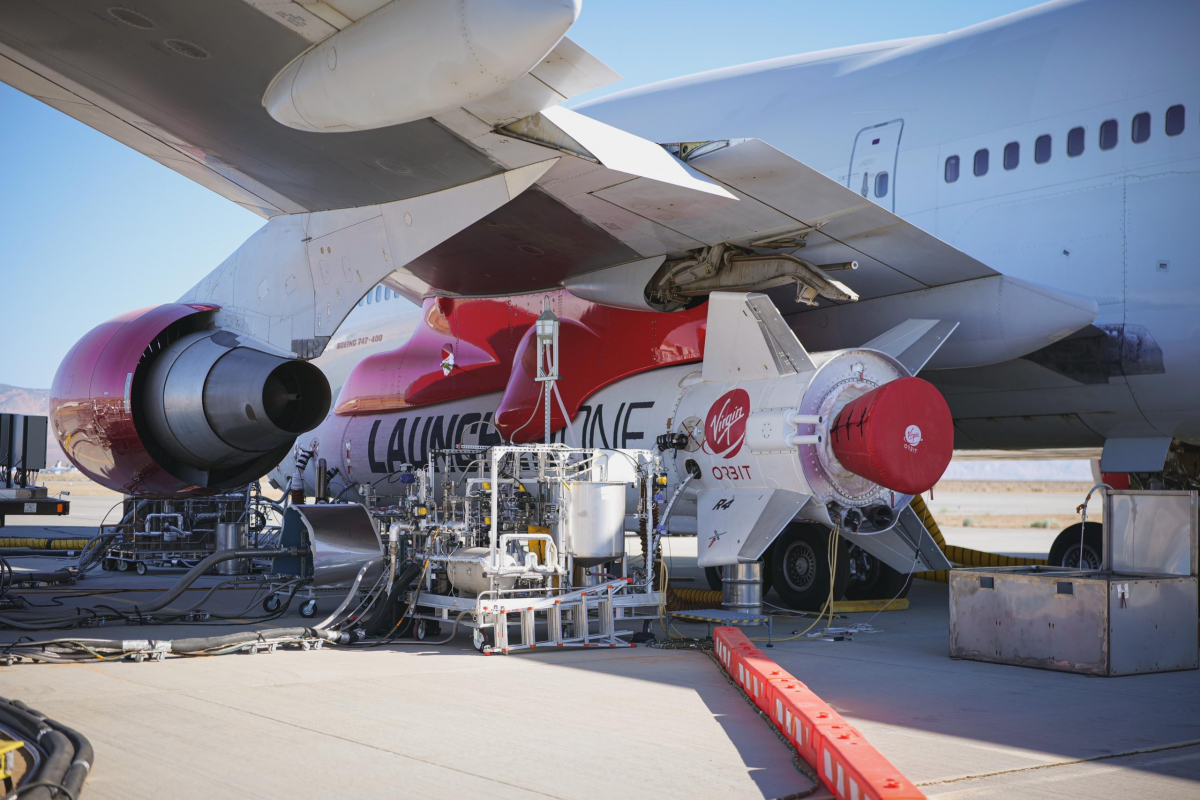Two rocket builders get down to earth
Astra and Virgin Orbit want to blame their problems on the turmoil surrounding the collapse of the Silicon Valley bank. That’s not plausible. Because the recent problems of Astra Space and Richard Branson’s Virgin Orbit are probably solely due to the fact that both are unable to get their core business together. That reports Quartz.
Anyone who builds rockets but can’t get them into space shouldn’t be surprised if financing becomes difficult at some point. Astra Space is currently struggling to remain listed on the NASDAQ, although it has traded below the USD 1 threshold since October 2022. Like Virgin Orbit, Astra went public in 2021 through a SPAC shell company.
Staying on the stock exchange should be vital for Astra. Because the company is in dire need of fresh funds to advance the development of its fourth-generation rocket. With last-generation technology, Astra failed to launch several NASA satellites – an embarrassing defeat.
As of November 2022, Astra had reported about $150 million in cash and securities on hand with a quarterly burn rate of about $200 million. Now Astra has asked Nasdaq for another 180 days delay.
It is expected that Astra could reduce the number of available shares via a merger. This would potentially push the value of each share above the threshold. In terms of content, however, the trick would have no effect. The quarterly report as of March 31, 2023 is eagerly awaited.
The competitor Virgin Orbit, which primarily wants to operate space tourism with its subsidiary Galactic, has also had problems for a long time. However, they have only been really obvious since the last failed start in January.
Because now Virgin founder and multi-billionaire Richard Branson seems to be losing patience with his company. Since the January false start, Branson has essentially carried the company single-handedly with a quarterly burn rate of $43 million. Existing investors had pulled out, leaving the company with over $255 million less capital than expected.
Now, last week, Virgin sent its workforce home. Branson apparently no longer wants to finance the further losses, at least no longer on his own. For the time being, the break in operations is only planned until next week.
Virgin have had four successful launches so far. However, the impression has arisen that the ability to start is not reliable. So Virgin could not gain momentum.
So while Astra and Virgin Orbit are struggling to survive, Rocket Lab, an American-New Zealand company, is proving that a successful operation as a rocket startup is possible. You just have to reach orbit.
That’s what Rocket Lab has always done, most recently for the second time, from its new US launch pad. In doing so, the company launched two space radar satellites built by Capella.
Unlike its two competitors, Rocket Lab still has $471 million in cash despite a $135 million annual loss for 2022. This allows Rocket Lab to continue investing in a new rocket called the Neutron. This should make the company directly competitive with SpaceX’s Falcon 9.
SpaceX, which plans to add the Starship to the Falcon 9 soon, remains the undisputed top dog in an industry that analysts have been expecting to see consolidation for years. There simply aren’t enough satellites for all the planned rockets, they argue.
On the other hand, there is of course an inverse dynamic that would lead one to expect more satellite launches if prices were to fall due to increased competition. In any case, the fact is that there are currently only two reliable commercial providers, namely SpaceX and Rocket Lab.



